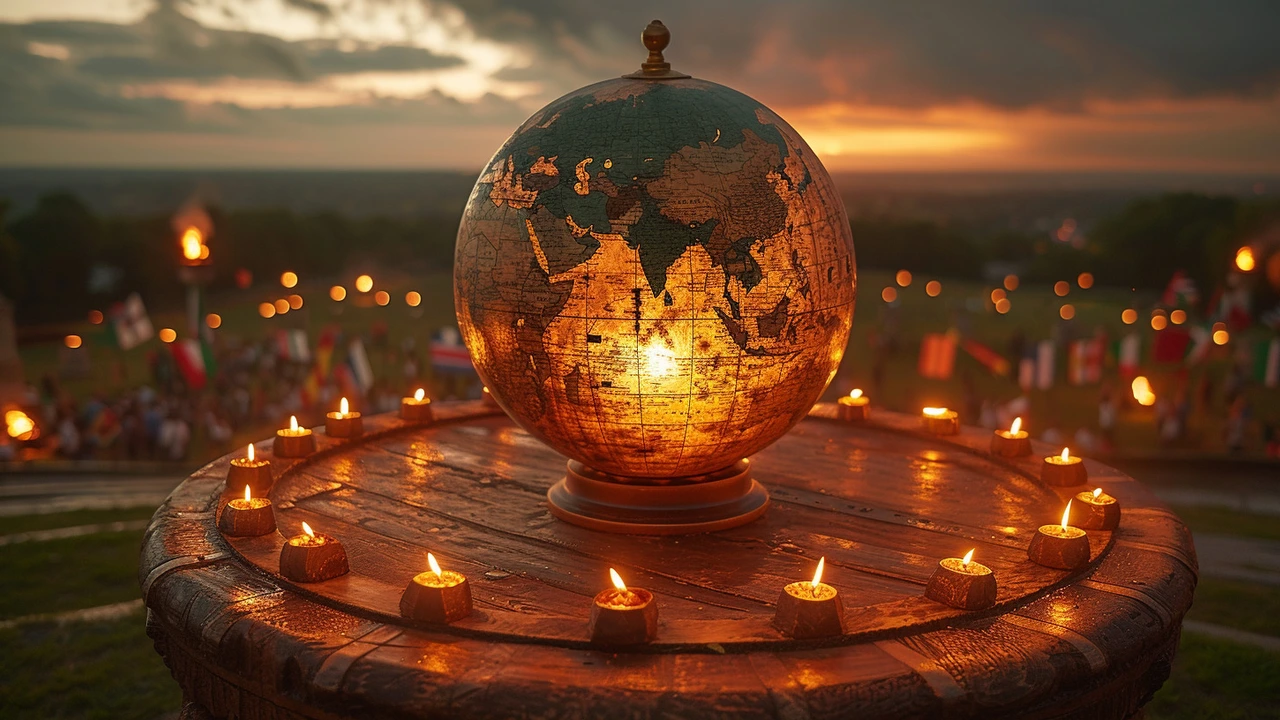When a conflict or disaster hits, people need food, water, shelter, and safety right away. Humanitarian services are the actions that provide those essentials. Peacekeeping forces often work alongside aid groups to make sure help reaches the people who need it most. This page explains how that works and what you can do to support those efforts.
Peacekeepers do more than patrol. They protect aid convoys, secure hospitals and water points, and help open safe corridors so humanitarian teams can move freely. In many missions, they provide logistics support—like transport, storage, and communication—so supplies arrive faster and aren’t lost to theft or violence.
Coordination is key. Peacekeepers often work with UN OCHA, local authorities, and NGOs such as the Red Cross or Médecins Sans Frontières. Together they form clusters for shelter, health, food, and water, which reduces overlap and speeds up responses. You’ll also see peacekeepers helping refugees and internally displaced people by setting up temporary camps and protecting vulnerable groups.
Technology is changing the game. Drones map damaged areas, mobile cash transfers let families buy what they need locally, and satellite imagery speeds up needs assessments. Peacekeeping units that use these tools can target aid more precisely and reduce waste.
Access and security are the biggest challenges. Aid teams can’t deliver help if roads are blocked or if fighting is ongoing. Funding gaps matter too—aid programs stop when donors pull back. There’s also the risk of politicization: aid must stay neutral, but local powers sometimes pressure organizations, which complicates operations.
Measuring impact can be tricky, but practical indicators include the number of people reached, tons of supplies delivered, percentage of children vaccinated, or how many families moved from camps to safe housing. Those numbers help teams adjust plans and secure funding.
Want to help? Start small and smart. Donate to well-known NGOs with transparent reporting. Follow local chapters and verified funds during specific crises. If you want to volunteer, look for training in humanitarian logistics, language skills, or first aid—those make you more useful on the ground.
If you work in policy or communications, push for consistent funding and clear rules of engagement so humanitarian work stays independent and safe. Even sharing reliable news and trusted donation links on social media helps cut through misinformation and raises needed support.
Humanitarian services are a group effort: peacekeepers provide security and logistics, NGOs deliver specialized aid, and communities lead their own recovery. Together, they turn emergency responses into longer-term recovery. Browse related posts on this tag to read mission stories, lessons learned, and practical guides from people working in the field.

Hi there! Just finished writing on such an inspiring subject that I need to share - peacekeeping and why it's genuinely a noble profession. This profession is one of the cornerstones of maintaining global security and stability. It's about brave men and women performing humanitarian services in areas of conflict, putting others' safety before their own. Join me in exploring this admirable job and the heroes behind it.
